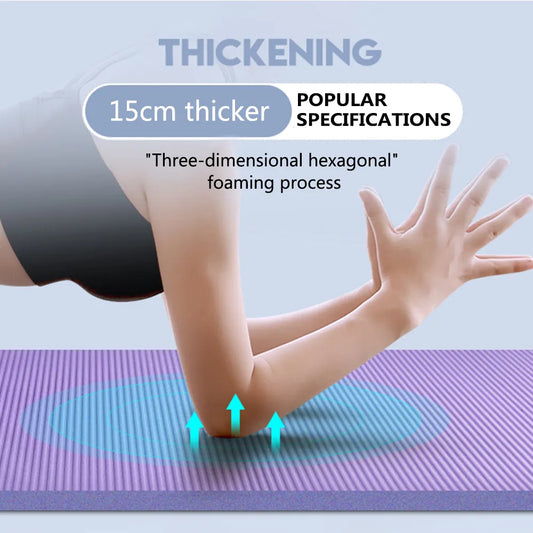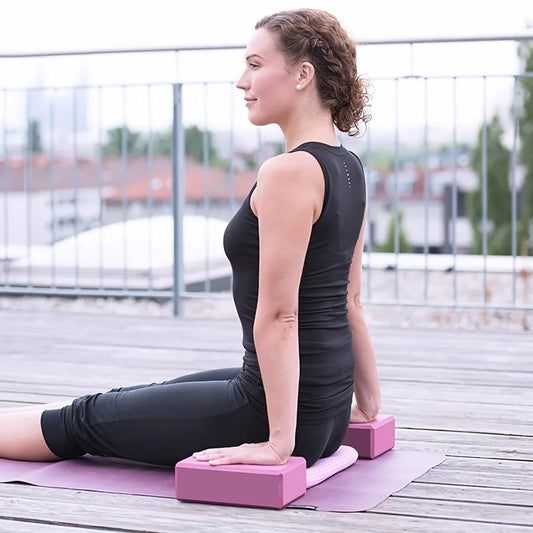Improving sleep quality involves adopting healthy sleep habits and creating a conducive sleep environment. Here are some tips to help you sleep better:
-
Establish a Consistent Sleep Schedule: Go to bed and wake up at the same time every day, even on weekends. Consistency helps regulate your body's internal clock and improve sleep quality over time.
-
Create a Relaxing Bedtime Routine: Develop a relaxing bedtime routine to signal to your body that it's time to wind down. Activities such as reading, gentle stretching, taking a warm bath, or practicing relaxation techniques like deep breathing or meditation can help prepare your mind and body for sleep.
-
Limit Exposure to Screens Before Bed: Minimize exposure to electronic devices such as smartphones, tablets, computers, and TVs at least an hour before bedtime. The blue light emitted by screens can interfere with your body's natural sleep-wake cycle and make it harder to fall asleep.
-
Create a Comfortable Sleep Environment: Make sure your bedroom is conducive to sleep by keeping it cool, dark, quiet, and comfortable. Invest in a comfortable mattress and pillows that support your body and promote restful sleep. Consider using blackout curtains, white noise machines, or earplugs to block out light and noise disturbances.
-
Limit Stimulants and Alcohol: Avoid consuming stimulants such as caffeine and nicotine close to bedtime, as they can interfere with your ability to fall asleep. Similarly, limit alcohol consumption, as it can disrupt sleep patterns and lead to fragmented and less restorative sleep.
-
Exercise Regularly: Engage in regular physical activity during the day, but avoid vigorous exercise close to bedtime. Exercise helps regulate sleep patterns, reduce stress, and promote relaxation, but intense workouts too close to bedtime can interfere with sleep onset.
-
Watch Your Diet: Be mindful of what you eat and drink, especially in the hours leading up to bedtime. Avoid heavy meals, spicy foods, and excessive fluids before bed, as they can cause discomfort, indigestion, and disrupted sleep.
-
Manage Stress and Anxiety: Practice stress-reduction techniques such as mindfulness, meditation, progressive muscle relaxation, or journaling to manage stress and anxiety that may interfere with sleep. Establishing a pre-sleep relaxation routine can help calm your mind and promote better sleep.
-
Seek Professional Help if Needed: If you continue to experience persistent sleep problems despite implementing healthy sleep habits, consider seeking guidance from a healthcare professional or sleep specialist. They can help identify underlying sleep disorders or medical conditions that may be affecting your sleep and recommend appropriate treatment options.
By incorporating these strategies into your daily routine and prioritizing sleep as an essential component of overall health and well-being, you can improve sleep quality, feel more rested and rejuvenated, and enjoy the benefits of a good night's sleep.




















